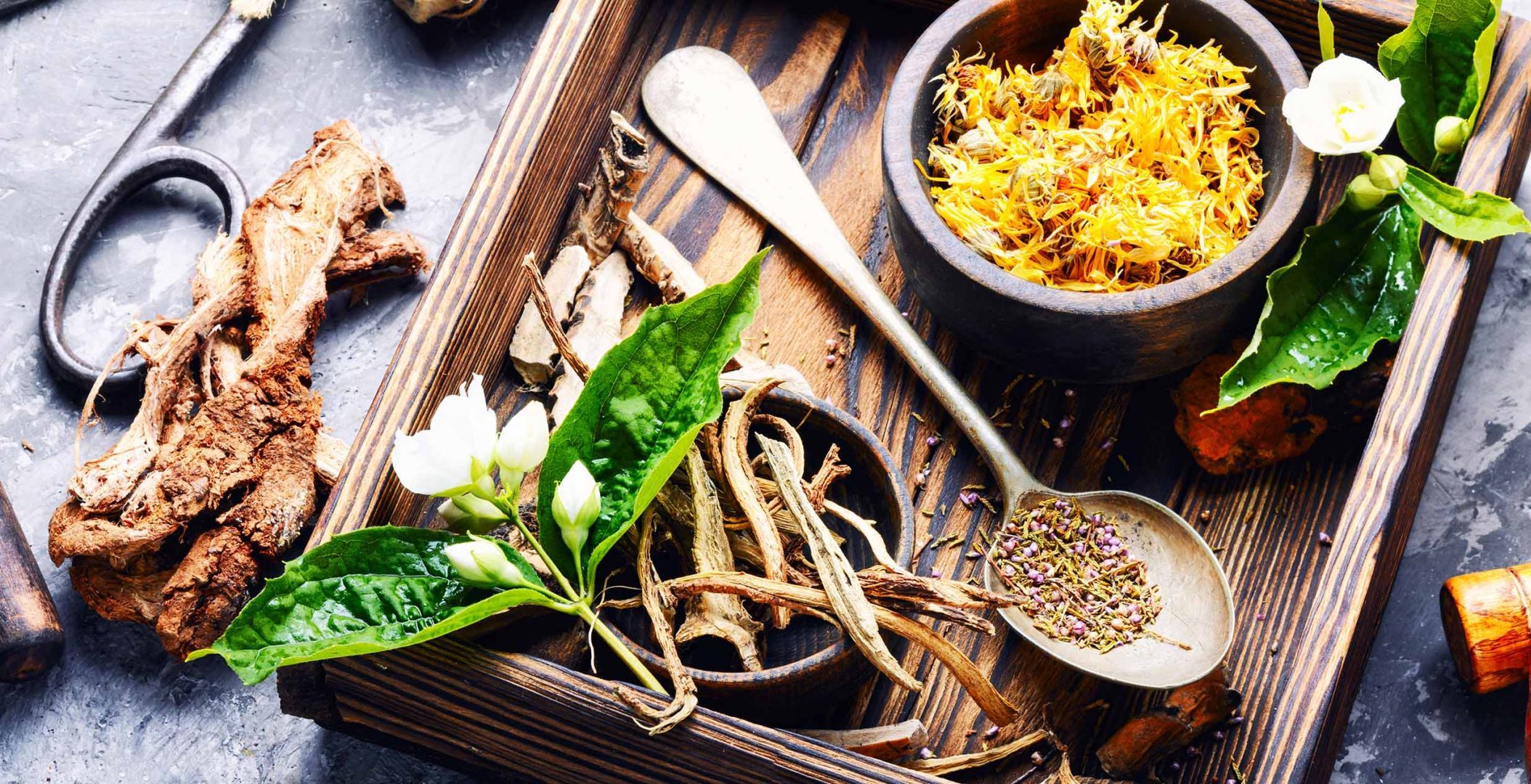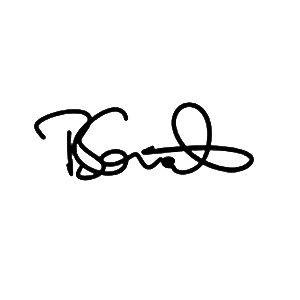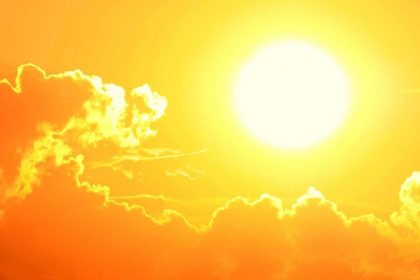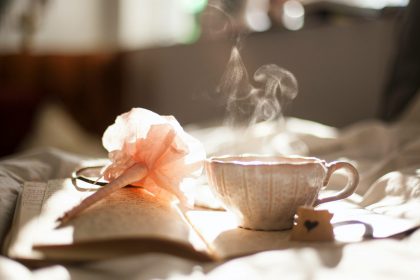What is herbalism, and why did I spend years learning about it? If you’ve read my story on the About page, you’ll know that I had a health crisis that I solved with only natural foods and plants, which my doctors didn’t believe I could do without pharmaceutical medicine. With my return to health, I soon began a lifelong fascination with the possibilities of herbal medicine.
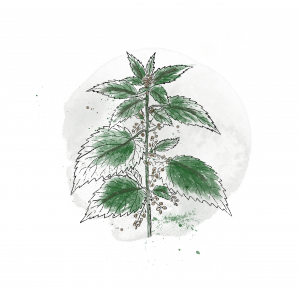 One thing herbal medicine is not is a panacea (a cure-all). It’s important to approach herbalism, like anything else, with common sense. One of the biggest problems I see out there is people getting excited about a plant and all its possibilities to the detriment of their health and the ecosystem and missing out on all the other possibilities. There is a reason that many plants heal the same issues. There is no “one size fits all” in nature. We are all unique beings with different genetics, body types, and personalities. We have all grown up in disparate locations with unique mixtures of ancestries. We have different blood types and races. Each one of these things has an impact on what herbs will work best for the individual.
One thing herbal medicine is not is a panacea (a cure-all). It’s important to approach herbalism, like anything else, with common sense. One of the biggest problems I see out there is people getting excited about a plant and all its possibilities to the detriment of their health and the ecosystem and missing out on all the other possibilities. There is a reason that many plants heal the same issues. There is no “one size fits all” in nature. We are all unique beings with different genetics, body types, and personalities. We have all grown up in disparate locations with unique mixtures of ancestries. We have different blood types and races. Each one of these things has an impact on what herbs will work best for the individual.
I find all of this fascinating. One of the most exciting parts of practicing herbalism is when the plants match so well with the person that you can see an immediate change. They may not get completely well instantly—that rarely happens with any type of therapy—but you can see them relax and begin to feel themselves again. One of the things I enjoy most is my first consultation with someone. We sit and talk about their health, their history, but most of all, their diversity. We discuss what makes them unique. This is the best way for me to discover what plants will best match them. This is partly from a method of practicing herbalism called Energetics. You match the energy of the plant to the person. I’ll be writing more about this later as it’s a fascinating topic.
So, what really is herbalism, and can you practice it without a degree? First of all, herbalism is simply applying plant knowledge to help people to heal themselves. I say it that way because we don’t heal people. Our bodies heal themselves. We only give the body assistance in order for it to do its natural job more effectively. Toxins, chemicals, and wear and tear cause the body to bog down and struggle to do its job. Plants, properly applied, can assist the body to detox and refuel. It’s like giving maintenance to your vehicle (the body), giving it an oil change or a tune-up.
To answer the second question, yes, you can practice it without a degree. People have been doing such since there have been people on the earth. The one thing they had that we often don’t, though, is a mentor. The herbal knowledge was carefully guarded and passed down to each generation. We have lost some of this knowledge over time, but many people are bringing it back. This is why, if you want to practice as a herbalist, schooling is necessary. Unless you have a skilled mentor to teach you, you have to learn it somewhere. As herbalists, our oath is to Do No Harm. In order to keep to this creed, you must have the knowledge of what the plants do or you run the risk of hurting your patients.
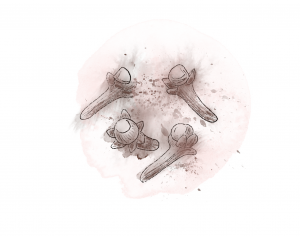 But if you want to use herbal medicine to help your family and yourself, you can do it easily. My recommendation is to select a few herbs—the best would be ones you can forage locally or grow yourself—and get to know them well. Spend time with them and learn about their constituents and safe uses. Make tea, oil, or cook with them and use them in your everyday life. Some of the best herbalists say that you only need to use about 10-15 herbs for most things. Yet there are hundreds of thousands of herbs. I believe this is because herbs are meant to be used in your local area. Where you live, where your feet rest, is all the medicine you could ever need—and the food, for that matter. We are meant to live in harmony with our local environment. If we all did that and stopped buying food from other places, we would greatly reduce our impact on the planet and local ecosystems. If our goal was to live and thrive in our environment and we weren’t so focused on making money, we and our planet could heal.
But if you want to use herbal medicine to help your family and yourself, you can do it easily. My recommendation is to select a few herbs—the best would be ones you can forage locally or grow yourself—and get to know them well. Spend time with them and learn about their constituents and safe uses. Make tea, oil, or cook with them and use them in your everyday life. Some of the best herbalists say that you only need to use about 10-15 herbs for most things. Yet there are hundreds of thousands of herbs. I believe this is because herbs are meant to be used in your local area. Where you live, where your feet rest, is all the medicine you could ever need—and the food, for that matter. We are meant to live in harmony with our local environment. If we all did that and stopped buying food from other places, we would greatly reduce our impact on the planet and local ecosystems. If our goal was to live and thrive in our environment and we weren’t so focused on making money, we and our planet could heal.
My goal is to help you help your body to do its job. I will be sharing recipes and herbal medicine-making tips for you to use at home. If there are more complicated issues, please make an appointment with me, and together, we will work on finding the best plants to help your body and mind heal naturally.
I have spent the last ten years of my life formally studying natural medicine. I practice a holistic, energetic method of herbal medicine, and also work with the energy of the body. I am passionate about plants and our natural world and constantly work toward living in harmony with nature as much as I can. Natural medicine is powerful, but it’s gentle. Yes, you may see quicker results from a pharmaceutical medication, but you also run the risk of side effects and damage to healthy tissue. Sometimes things like antibiotics can quickly save a life, but with the knowledge we are gaining on what plants really can do, this is less necessary. I find that with oregano oil and thyme, I haven’t had to take antibiotics in many years. Herbal medicine, though, can’t perform surgery on broken bones, but it can assist the healing process. If we allow all forms of medicine to work together and each do what it does best, we can find balance and our best health.

